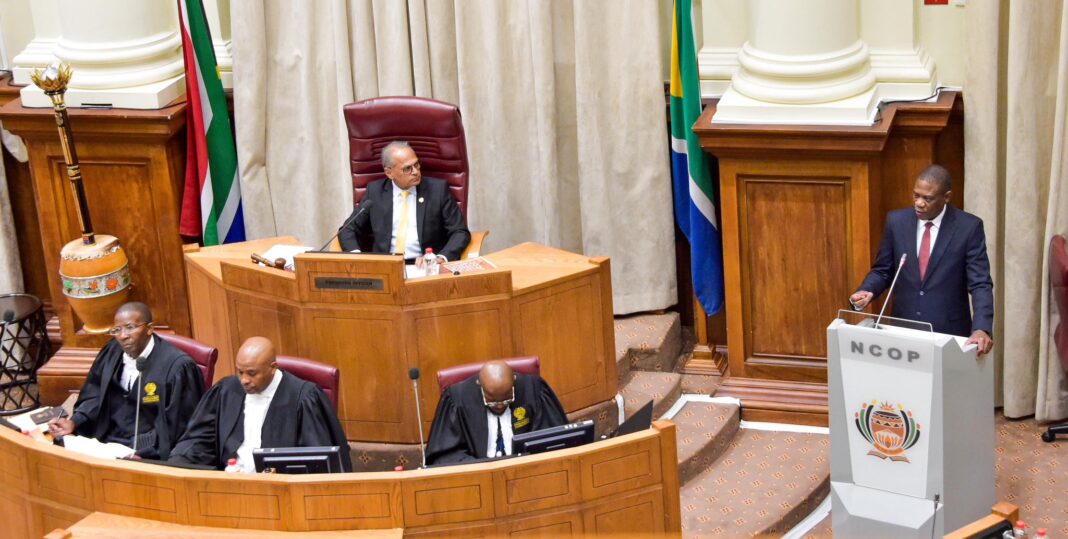By Simon Nare
Deputy President Paul Mashatile has assured the National Council of Provinces that the state-owned enterprises holding company will improve the governance of these institutions and curb rampant corruption.
During an oral question and answer session, Mashatile said The Minister in the Presidency responsible for Planning, Monitoring and Evaluation, Maropene Ramokgopa, was working on the final details.
This included identifying which were strategic SOEs that must fall under the new company.
The deputy president said there were around 700 SOEs and some of them were old, inherited from the apartheid regime and their operation modules had never changed.
He said the way SOEs operated and appointed their boards needed to be modernised.
As announced by the president, SOEs that previously reported to the minister of public enterprises would now be reporting to relevant departments, Mashatile told delegates.
He added that the National Enterprises Bill 2024, which still has to be debated in both houses of Parliament, would play a critical role in the future governance of SOEs.
“In this regard, the centralised module will ensure that SOEs are insulated from political influence and interference. The boards of the holding company have independence over SOEs to provide oversight without undue influence,” he said.
Mashatile said that to ensure the Government of National Unity delivered on its third priority of building a capable ethical and developmental state, the government would pursue every action that brought sustainable economic growth.
These included eliminating fraud, corruption and maladministration in the public service, which the centralised company would help achieve once it was fully implemented, he said.
“This module is only for certain strategic SOEs. Not all of them. It is going to target certain strategic SOEs to be in the centralised module. The centralised company is not meant to run Eskom but it will ensure that Eskom accounts to the centralised company.
“The president will not have oversight over all SOEs. They can operate and have their boards, but most of them will be monitored by this centralised state-owned company. It is a module that you will find in Singapore, they have the same module,” said Mashatile.
He further explained that some SOEs would operate independently.
“So, we are not going to take all them stock lock and barrel with their balance sheet. A lot of them will still operate out there. So, we are in a process of looking at that and [to] see how this module is going to work.
“We are looking at the experiences from other countries that have been very successful,” said Mashatile.
INSIDE POLITICS

